A panel met in McGuinn 121 Tuesday to discuss the current crisis raging in Venezuela and the social, political, and economic factors that could lift the country out of turmoil in the future.The panel consisted of a mix of Venezuelan international students at BC and outsourced scholars who specialize in knowledge about the foreign affair.
Jorge Mejia, co-director of social and political action for the Organization of Latin American Affairs (OLAA) and MCAS ’19, delivered a heartfelt introduction to the event.
“In the midst of food and medicine shortages, political instability, economic turmoil, and an exodus of nearly 150,000 people, Venezuela is facing a genuine humanitarian crisis,” Mejia said.
The discussion began with Rodolfo Postigo, MCAS ‘19, expressing his concern about the social effects of the devastating poverty and political instability of Venezuela, as these are issues deeply rooted in younger generations that will be difficult to remedy moving forward.
“How do you fix a child,” Postigo asked, “that has seen his father go out into the streets, kidnap someone, bring him back to his house, and keep him hiding during ransom negotiations? And how do you make him understand that that’s something that’s not normal?”
He also delved into the personal guilt he feels in leaving his peers to fight against the failures of the Venezuelan government in his pursuit of an education in the United States, an education that differs greatly from that of his home country, where both public and private institutions are suffering. He also offered a description of the violence suffered by many of protesters in the streets.
“The armed wing of this government has killed approximately 160 people in just three months … every day shooting them with marble, high-power hoses, and even throwing them tear gas bombs just because they’re trying to protest, specifically, against this oppression,” he said.
Andrea Mauco, CSOM ’19, seconded the guilt of leaving Venezuela in its time of crisis, as her family left in 2003 after a coup d’etat. She honed in on the scarcity present there, explaining how families can barely afford or even find basic necessities like food and shoes. Drives to send people these things are helpful but not sustainable.
Miguel Ángel Santos, a senior research fellow at the Center for International Development at Harvard who worked for over 10 years in corporate finance and business development in Latin America, then took the microphone.
He described how the burden of foreign debt has contributed to the dismantled economic structure of Venezuela. The country deteriorated from its once prosperous, ever consuming state because of its unsustainable reliance on oil. There was no great economic infrastructure in place to support the dropoff from oil sales, and so the country must now struggle to revitalize its economic state beyond domestic means. He emphasized how Venezuela must bolster its negotiation with other countries and remedy its corrupt election system in order to transition into a liveable economic and political climate.
Santos spoke of the Bolivarian Revolution as an intriguing event. He reiterated his view that former Venezuelan president Hugo Chavez enjoyed an unprecedented consumption boom during his presidency, despite common assumptions that Chavez was elected primarily because of his popular image and charisma.
“With oil at 110, and an import boom without precedent, he [Chavez] won the election 55 to 45,” Santos said.
Utilizing his knowledge of Venezuelan elections, Santos described the challenges that the opposition party faces in typical Venezuelan elections.
“The opposition has no access to media. No access at all. No access on TV channels, no access to radio. We only have access to Twitter and Facebook.”
Santos conveyed his belief that election fraud doesn’t exist explicitly in Venezuela, but is rather more coercive and obscure. He spoke about the tactics that people in power use in order to get constituents to vote a certain way.
Another panelist, Ricardo López, an economics professor at the Brandeis International Business School who specializes in international trade, economic development, productivity analysis and Latin America, built on this sentiment about fixing unsustainability. He suggested that financial assistance from other countries and perhaps a change in the currency rate could serve as partial ailments to Venezuela’s current crisis, relating the economic and political travesty to that of his home country of Chile in the 1970s.
López conversely views the success of the Bolivarian revolution as a result of Chavez’s charismatic and popular image. Lopez explained Chavez’s pursuit of introducing social, political, and economic reforms.
“Chavez was able to identify some problems that are actually common to other Latin American countries,” López said. “For example, the role of the elite. You have a small group of people that holds the political and economic power—so you have an elite that has been making decisions for many many years, and those decisions are not necessarily in the best interest of the population.”
As for the economic pitfalls of the Chavez government, López talked about the incongruence of the existence of a free market and a strong state with a lot of regulatory power.
“Chavez focused on the development of sectors or products that would satisfy basic needs, rather than focusing on sectors or goods in which the country would have a comparative advantage and sectors which would develop the economy,” López explained.
Despite how dismal the social, political, and economic conditions of Venezuela currently remain, its passionate inhabitants are adamant in their hopes that their home will emerge from the ashes.
“I can’t tell you what will happen in the future,” Mauco said. “One thing that I do know is that Venezuelans will keep fighting. The fire in our bellies will not be extinguished, and it will not be swept out. And no matter how many times we’re pushed down, we will keep fighting to get our country that we know and love back.”
Featured Image by Myroslav Dobroshynskyi / Heights Staff

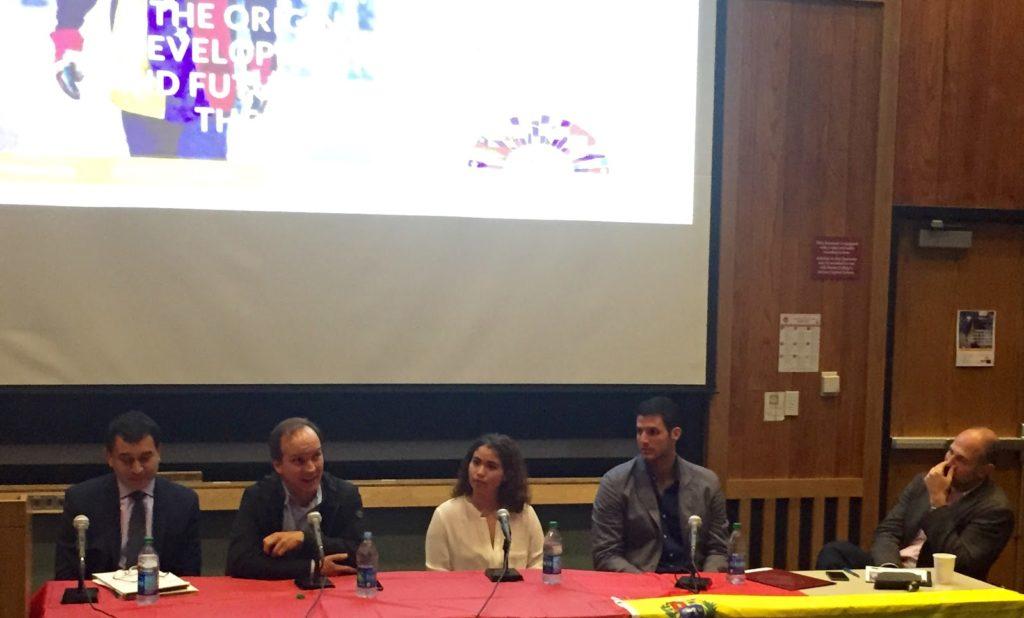
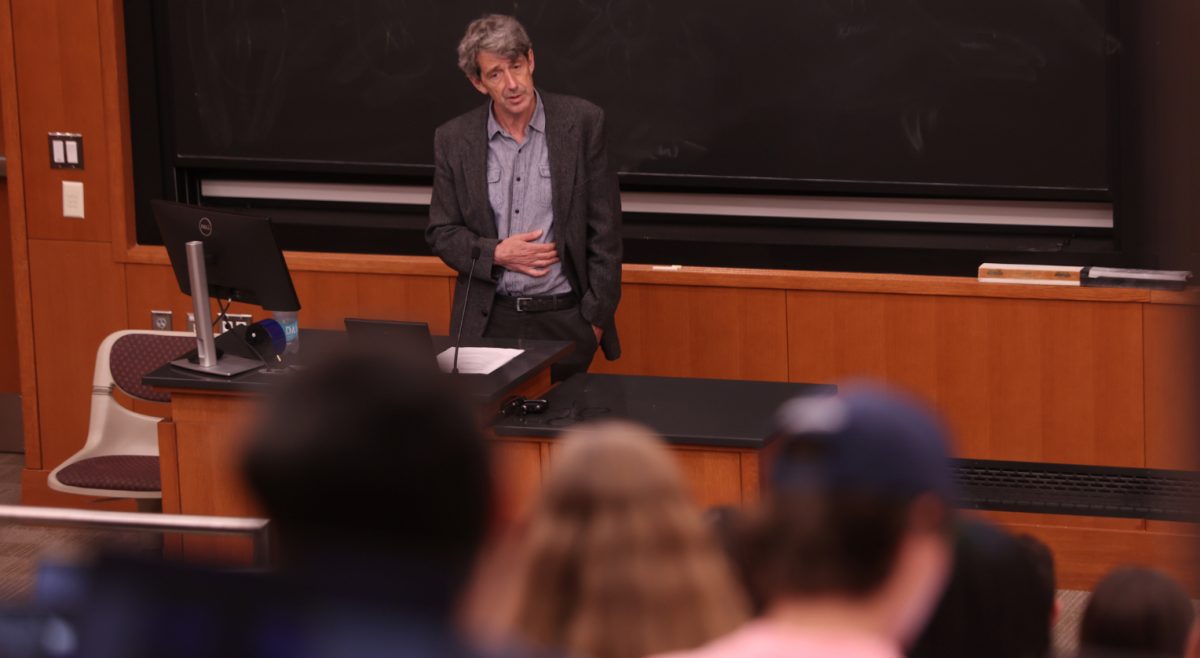
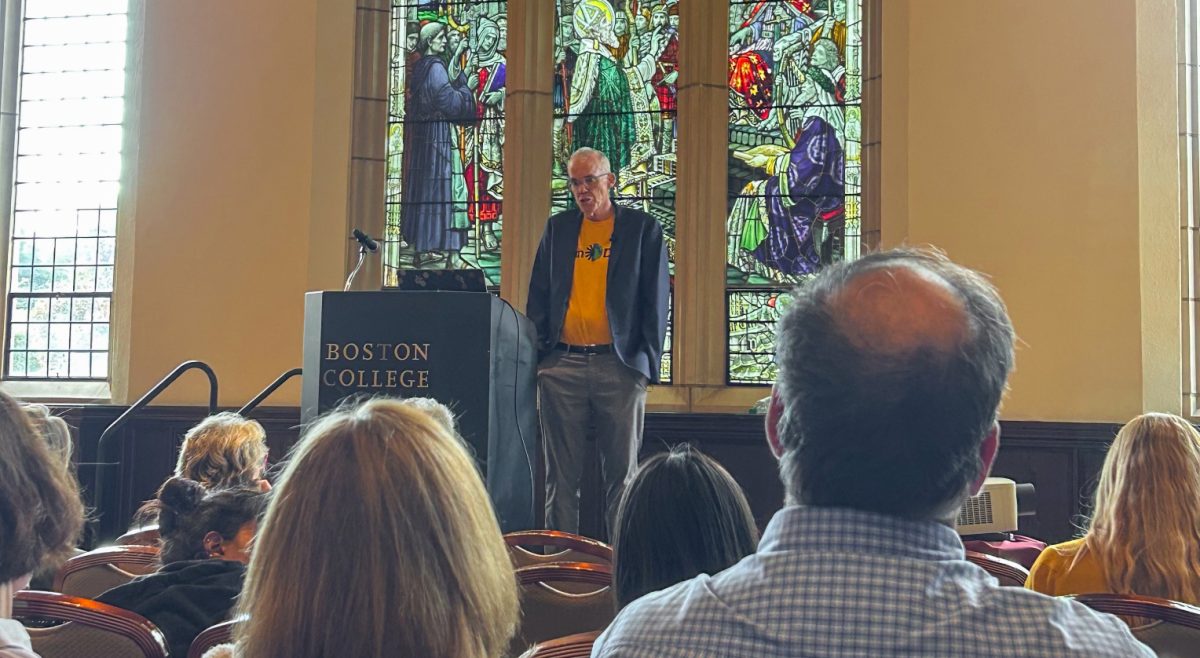



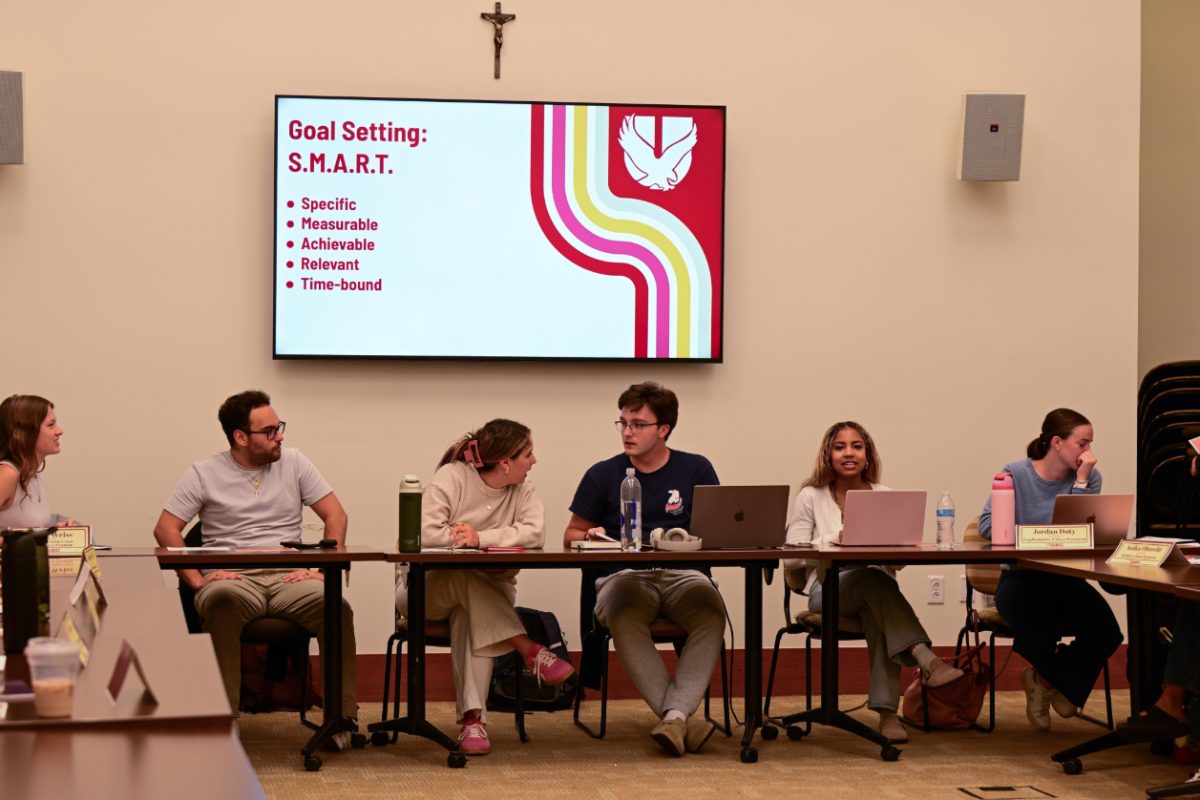

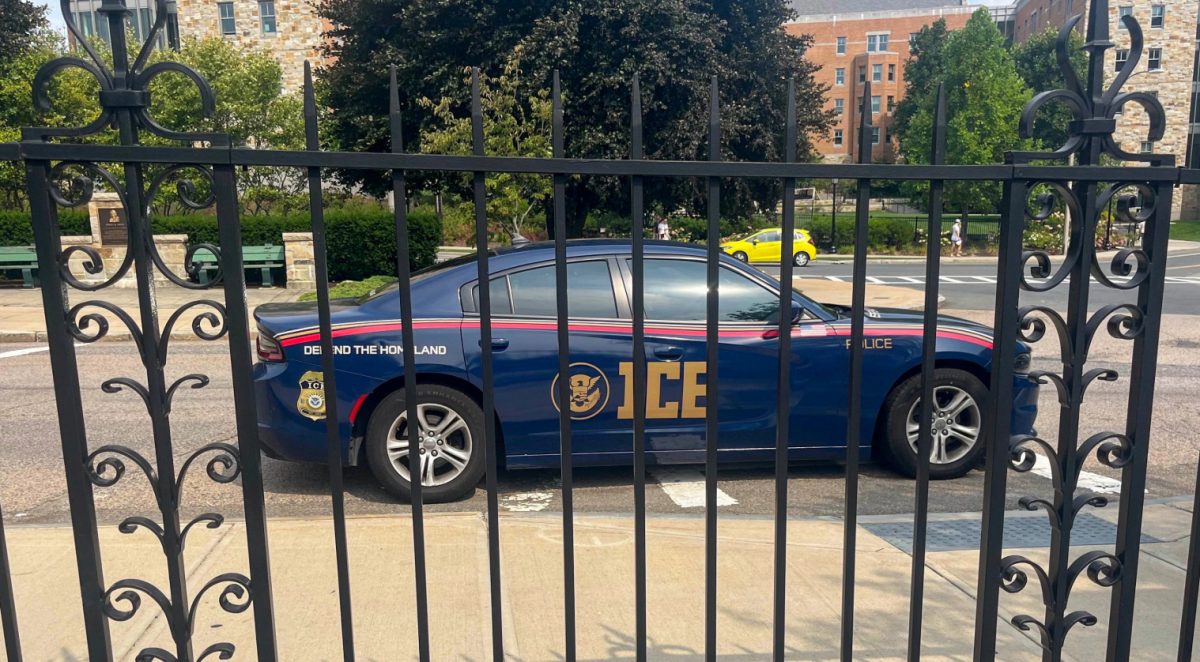

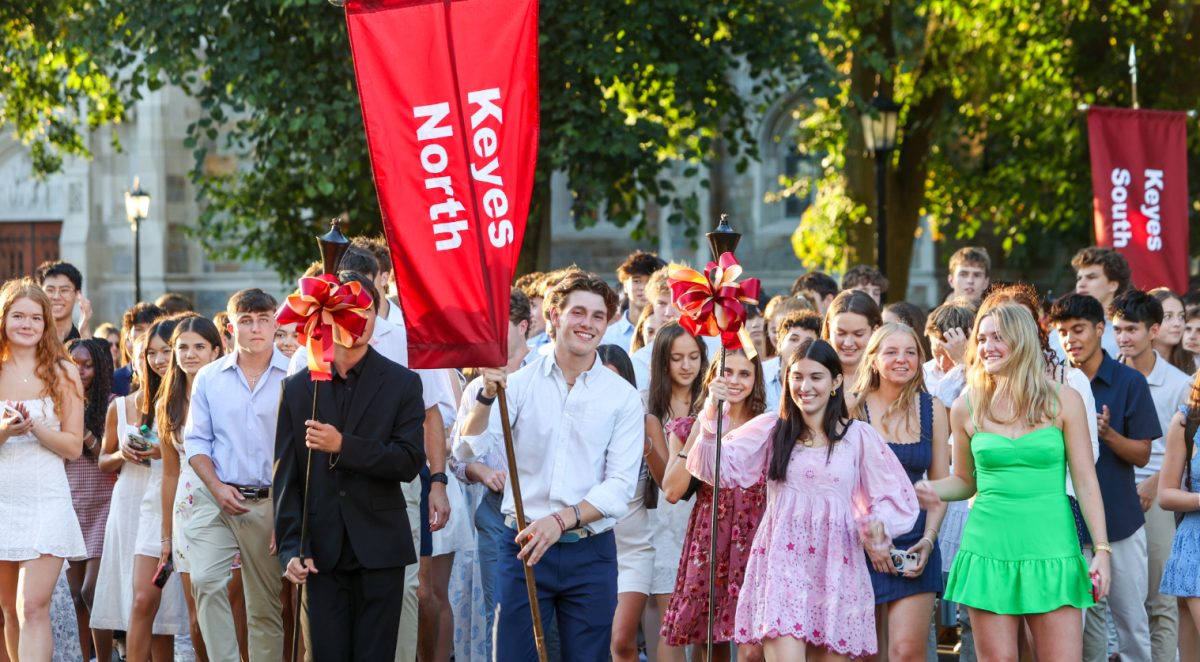
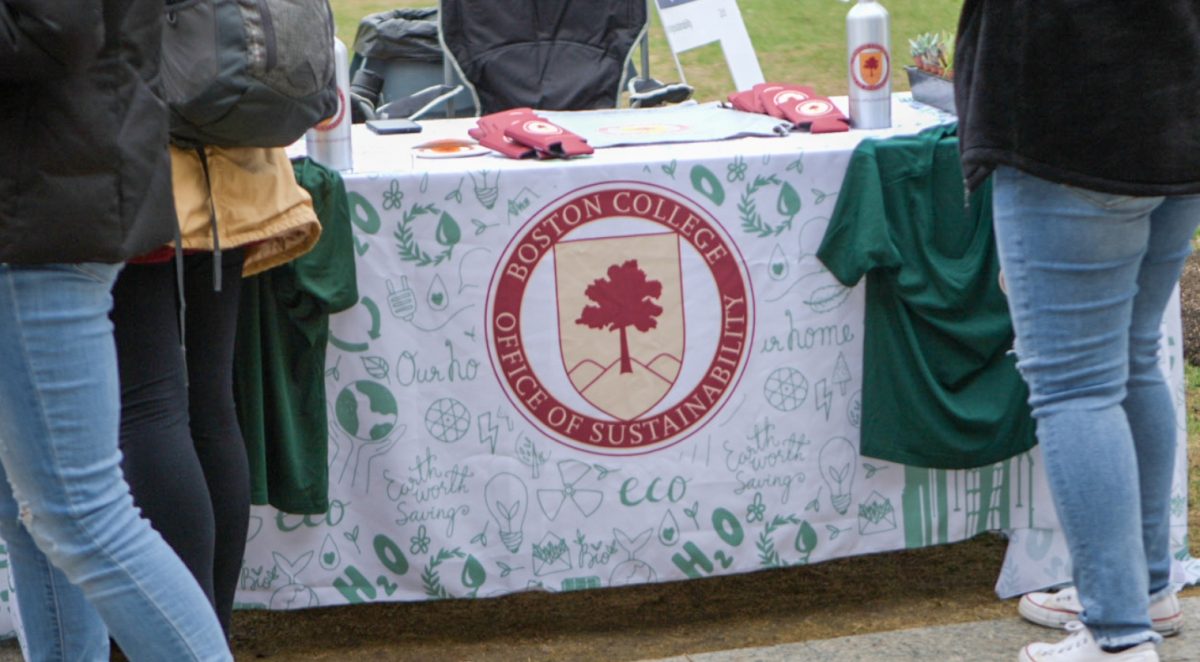

Will Hann • Oct 29, 2017 at 9:48 am
IS THIS A JOKE…?
.
The origin of this crisis began the day Chavez took office. The future is a default after economic implosion, caused by a government possessing a complete lack of knowledge of economics.
.
DONE; Did we need a “Panel” to come to this conclusion…?…
Huyng Noh • Oct 29, 2017 at 6:46 pm
Unfortunately one is an imbecile if he or she considers a panel composed of professors from Harvard and Brandeis as a joke, which actually does not do justice to a panel such as this, since two students also shared their own personal experiences. The truth is that the crisis obviously began with the destructive policies of Chavez, but most reasonable people understand that; what is more interesting and important is to understand the actual policies and economic conditions that can explain Chavez’s ability to come to and have stayed in power for a prolonged period of time. Moreover, it is beyond interesting and useful to learn about the nature of the Venezuelan elections, which are quite different from elections in the U.S. and Canada to say the least. The future, like always, is less certain than you purport it to be. There are conversations to be had about the roles of the IMF and World Bank, and furthermore about the possibilities of a coup or some other development that is by far not limited by a simple default of the nation.